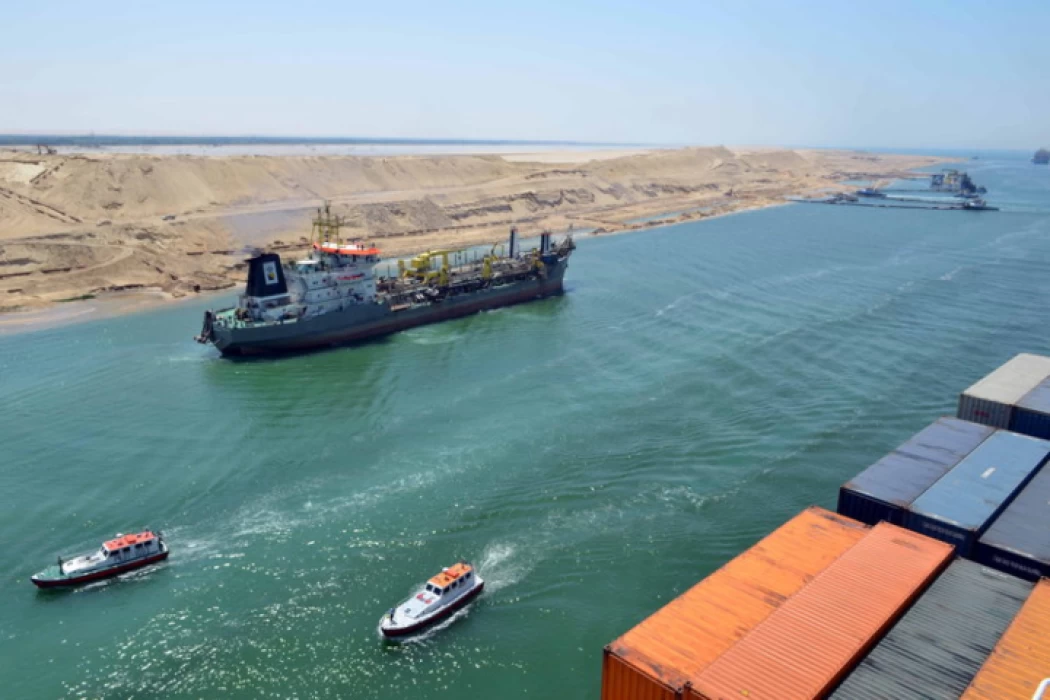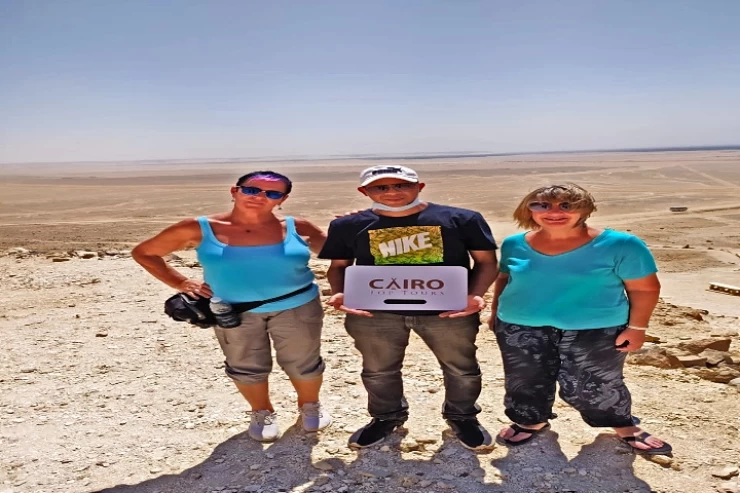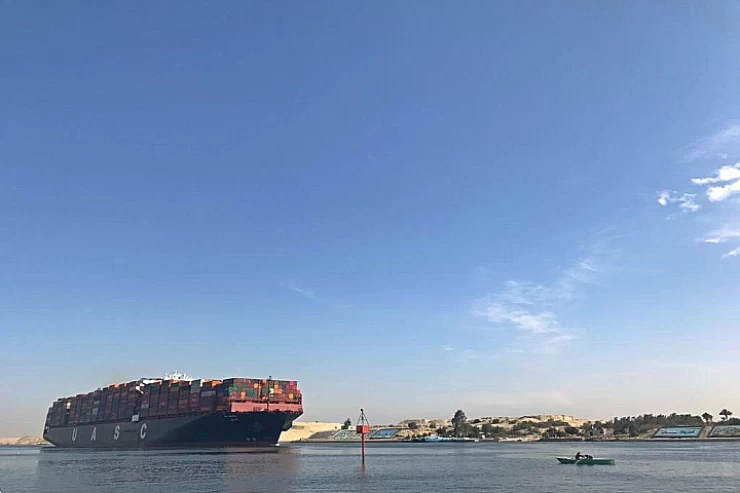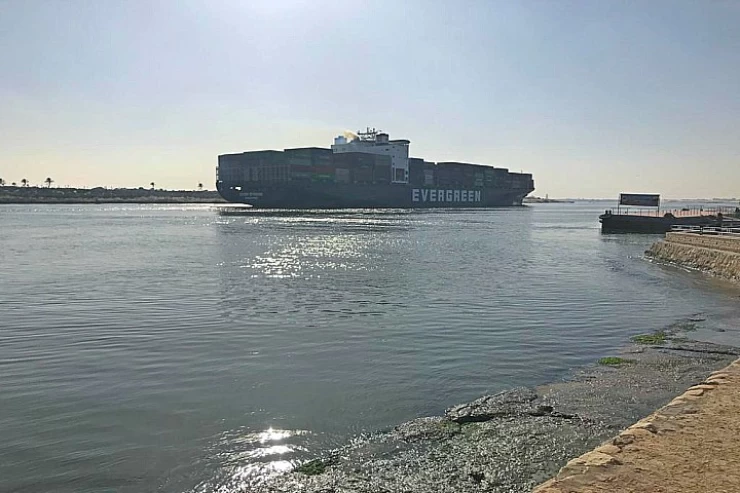
El Suez Governorate | Suez Canal Egypt
Facts About El Suez Governorate
One of the Canal governorates, located east of the Delta, northwest of the Gulf of Suez and at the southern entrance to the Suez Canal, the city of Suez celebrates its national holiday on October 24, an unforgettable day that commemorates strong popular resistance.
Covering an area of 1,056 km², the governorate comprises 4 administrative departments: Suez, El Arbaine, Attaka, El Ghanayem, rich in cultivated land, and the Ahmad Hamdi Martyr Tunnel.
A number of faculties and institutes have been set up, including the faculties of Petroleum Engineering, Pedagogy and Industrial Education at Suez Canal University, and the Supreme Institute of Computer Sciences, in addition to vocational training centers and numerous general education schools and Azharite teaching institutes.
The governorate is rich in natural resources such as limestone, dolomite, coal and oil. Its economic activities include oil refining and industrialization, the cement industry and packaging, the textile industry, chemical fertilizers, loading and unloading of goods, maritime services and fishing.
Suez boasts a number of tourist attractions, including Ein Al Sokhna, Oyoun Moussa, the Ahmad Hamdi Martyr Tunnel, Mohammad Ali Palace, the Greek Catholic Church, El Yahoudeya Hill in Alkhor, the Al Massaguiri Martem building, the Qonsowa El Ghouri citadel, the Pharaohs' Canal and Port Tawfiq.
The governorate offers a number of job opportunities, including the creation of a giant post office at Ein Al Sokhna, the construction of fishing boats, fish farming, fish conservation, land reclamation, wheat cultivation, the creation of tourist villages and seaside resorts, and an industrial zone at Attaqua covering an area of 2.2 km2.
Suez Governorate is one of the governorates of the Arab Republic of Egypt, which is located within the territory of the Suez Canal, which also includes the governorates of Port Said and Ismailia, and the Suez Governorate has been divided administratively into five regions, namely: Suez, Forty, Ataqa, Faisal,
and Al-Janayen, and these areas are approximately 728,180 people. According to the statistics of 2018, the emblem of the Suez Governorate is represented by the presence of a shape in the form of a wheel or a toothed gear about the strength of the industrial sector in the governorate.
and in the middle of the wheel is a red flame, an indication that the Suez Governorate is a major headquarters for the petroleum industries and several companies in petroleum in the Egyptian Republic.
Suez Governorate is characterized by its vital tourism sector, as it is visited by approximately 256,972 visitors every year due to the presence of a group of stunning landscapes, such as Mount Ataka located in the west, Fanar Abu Al Daraj in the south, the Gulf of Suez, the Suez Canal in the east, lakes, and parks in the north.
The following are the most prominent tourist attractions in Suez:
Ain Sokhna:
Ain Sokhna resort is located on the Red Sea coast on the Swiss Bay, about an hour's drive from the city of Cairo, it has sulfur hot springs coming from the desert mountain of Ataka, and it represents an important international tourist destination and destination.
Moses fountains:
Moses fountains are about 25.74 km from the south of the Ahmed Hamdi tunnel, which has 12 springs, 7 of which are still operating to this day. This oasis represented the largest oasis in the Sinai during the nineteenth century AD, and some communities appeared in the area around these springs.
The northernmost part of the Red Sea is divided into two Gulfs in the Sinai Peninsula: the Gulf of Aqaba in the east and the Gulf of Suez in the western corner. From the strait of mountains to the Egyptian city of Suez, with a distance of 314 km (195 miles), the width of the Gulf ranges between 19-32 km, and the Suez Canal operates as an important shipping route between the Gulf of Suez and the Mediterranean.
in the middle of the wheel is a red flame, an indication that the Suez Governorate is a major headquarters for the petroleum industries and several companies in petroleum in the Egyptian Republic.
Suez Governorate is characterized by its vital tourism sector, as it is visited by approximately 256,972 visitors every year due to the presence of a group of stunning landscapes, such as Mount Ataka located in the west, Fanar Abu Al Daraj in the south, the Gulf of Suez, the Suez Canal in the east, lakes, and parks in the north.
The following are the most prominent tourist attractions in Suez:
Ain Sokhna resort is located on the Red Sea coast on the Swiss Bay, about an hour's drive from the city of Cairo, it has sulfur hot springs coming from the desert mountain of Ataka, and it represents an important international tourist destination and destination.
Moses fountains are about 25.74 km from the south of the Ahmed Hamdi tunnel, which has 12 springs, 7 of which are still operating to this day. This oasis represented the largest oasis in the Sinai during the nineteenth century AD, and some communities appeared in the area around these springs.

















